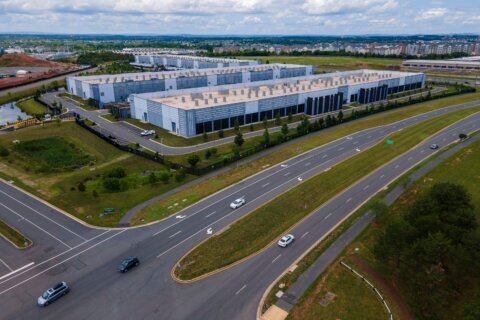Earlier this month, Virginia announced that five of its eight mental health hospitals will stop taking patients because of capacity limits. And now, there’s a push in Prince William County to build new facilities to deal with mental health crises.
Rev. Kenneth Nixon Jr. is part of Virginians Organized for Interfaith Community Engagement, or VOICE — a group of faith leaders who want to see crisis receiving centers in Prince William County and across the state.
They are community-based facilities staffed by mental health professionals “where law enforcement and the public … could protect people in the midst of mental health crisis, instead of jail or the local emergency room,” Nixon said.
There used to be something similar to CRCs in Prince William County, Nixon said, but it merged with another facility and it is now in Fairfax County.
“Prince William County is in need of this facility,” Nixon said, pointing out that a majority of the county is people of color.
For the August special General Assembly session, Nixon and VOICE have called on Gov. Ralph Northam and Virginia legislators to devote $47 million to create 10 new CRCs across the state, including one in Prince William County.
Nixon concluded that things like CRCs are important after he had over 350 one-on-ones with people who have been in the criminal justice system. The top issue that was raised, he said, was the large number of people in the area who wound up behind bars specifically because of mental illness or addiction.
“Building CRCs will help address a critical gap in implementing a full systematic approach to mental health and addiction,” said Nixon, adding that “60% to 70% of patients treated at CRCs are safely discharged to continued care in the community within 24 hours, instead of an inpatient psychiatric stay. These type of facilities get people access to treatment, but it also keeps them in the communities with their family while they get treatment.”
According to a presentation for the Prince William County Board of supervisors, the requested facilities would have 16 beds for adults and eight beds for children, and they would cost upward of $6 million to build and around $17 million a year to maintain with full-time staff.








